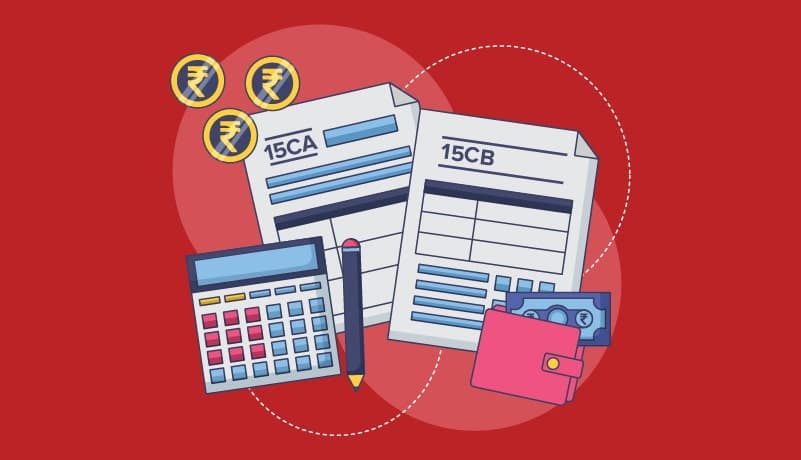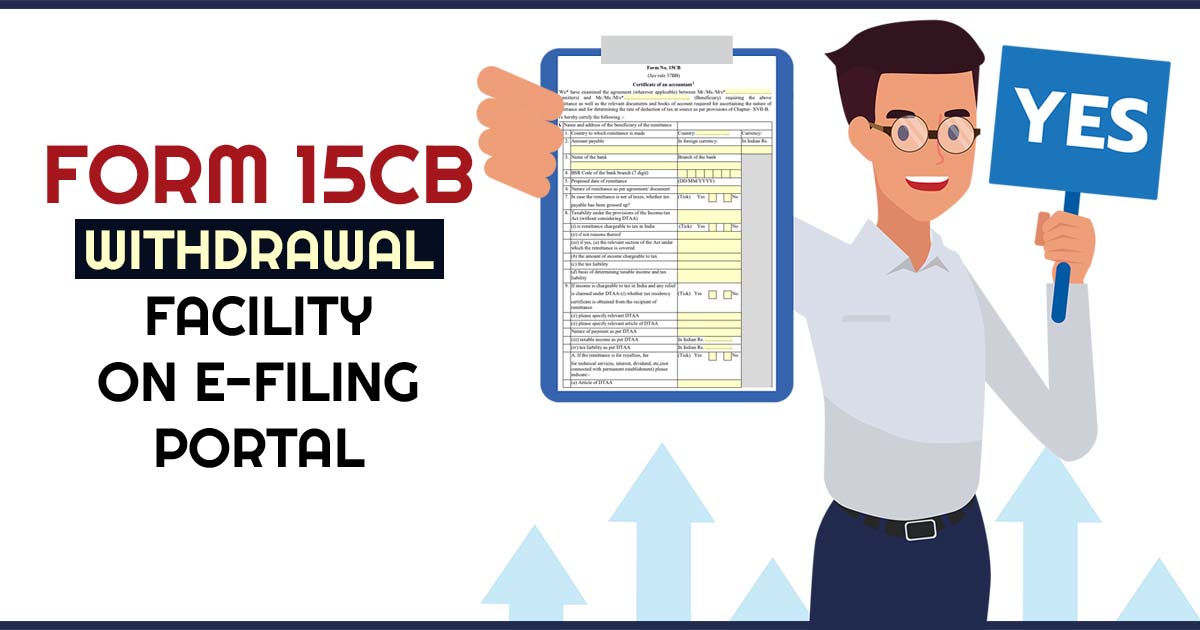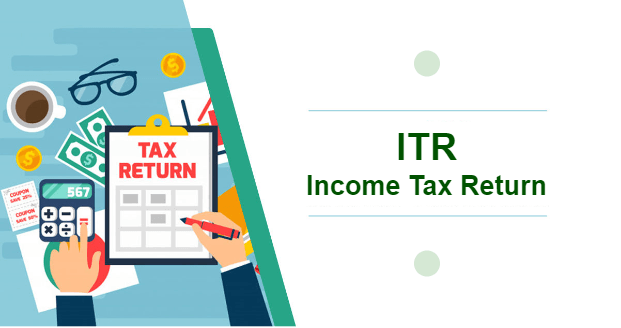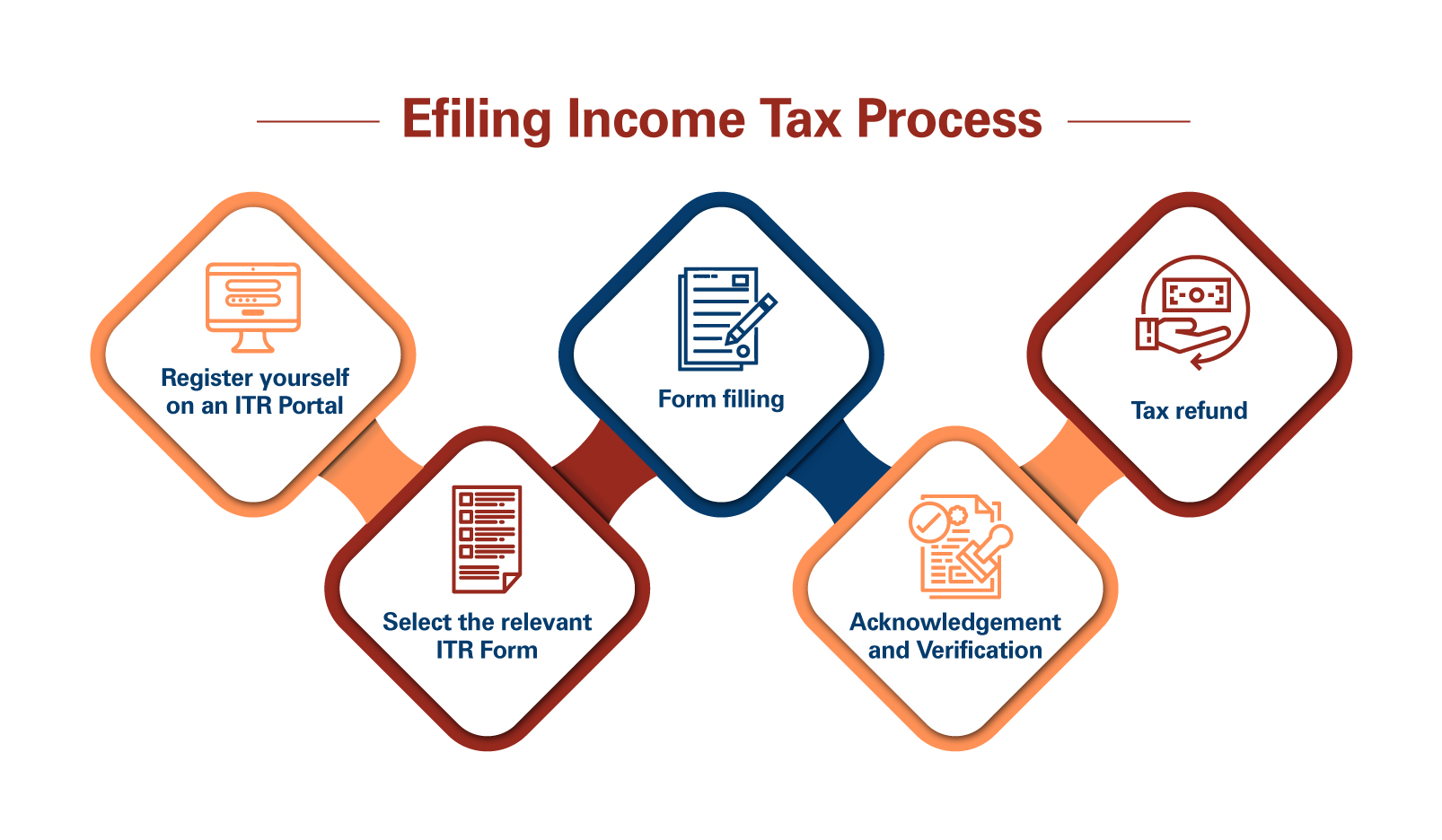What is No statutory dues certificate?
Introduction A No Statutory Dues Certificate (NSDC) is an official document issued by a regulatory authority confirming that an entity has no outstanding statutory dues, such as taxes, levies, or government fees. This certificate is often required in business transactions, mergers, property deals, and compliance checks to verify financial and regulatory credibility. Understanding its significance,… Read More »









